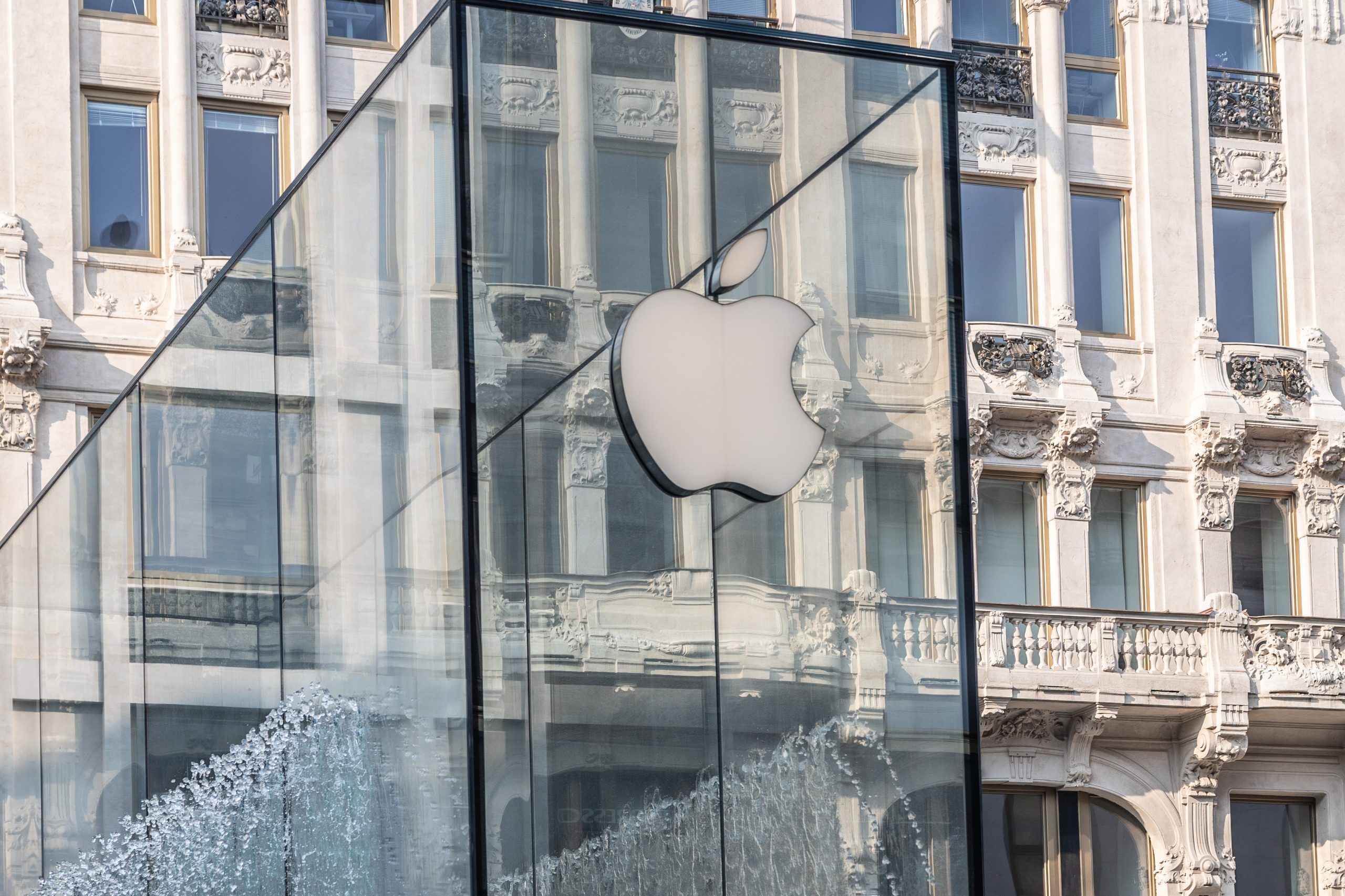In abandoning plans for a self-driving car, Apple Inc. is giving up on billions in potential revenue and the dream of selling what one executive called “the ultimate mobile device.” The hope is that other big bets — including generative AI and mixed-reality headsets — can make up the difference.
Apple reached this crossroads Tuesday, when it told employees it was winding down the car project and reassigned some of the staff to its AI efforts. The decision followed months of frenzied meetings between top executives and the company’s board over how to proceed. Chief Operating Officer Jeff Williams and project head Kevin Lynch broke the news to the roughly 2,000-member team during a meeting that lasted less than 15 minutes.
[time-brightcove not-tgx=”true”]
The upshot: Apple’s future isn’t going to hinge on selling $100,000 cars with self-driving features. Instead, it will focus on catching up with rivals in the generative AI industry, where chatbots from OpenAI and Google have captured the imagination of consumers and investors. The shift also lets Apple concentrate on turning the Vision Pro headset — still a fledgling product — into a mainstream hit.
Investors and analysts applauded the move, which lets Apple avoid an electric-vehicle market that’s grown more perilous in recent months. Shifting resources toward generative AI is the right call “given the long-term profitability potential of AI revenue streams versus cars,” Bloomberg Intelligence analysts Anurag Rana and Andrew Girard said.
But the decision also eliminates a future revenue source at a time when Apple has been struggling to maintain growth. Though the company managed to pull out of a sales slump last quarter, it warned that the current period will be sluggish again. The Vision Pro just launched this month and isn’t expected to be a major contributor to growth for years, if ever.
With a car, profit margins would have been slim but the revenue potential was massive. The idea was long touted as one of Apple’s famous “next big things” and could have more firmly locked consumers into the company’s ecosystem. Tesla Inc., which led the EV revolution in the US, generated nearly $100 billion in revenue last year. Furthermore, tech giants like Alphabet Inc. and Chinese rivals remain focused on cars.
Apple’s decadelong car effort, known as Project Titan, also was an AI challenge in itself. Apple attempted to build an artificial intelligence system that was powerful and energy-efficient enough to make a car fully autonomous.
With that off the table, Apple can concentrate on applying AI to its current products, including the iPhone and iPad, and avoid falling further behind tech peers like Alphabet’s Google, Amazon.com Inc. and Microsoft Corp.
Apple is planning to reveal new AI capabilities, including more automated tools for software development and features for summarizing news articles, at its conference for developers in June. The first new features are planned for iOS 18, which will be released around September alongside the next iPhones, Bloomberg News has reported.
Those efforts now have fresh recruits, thanks to the winding down of the car endeavor — known as the Special Projects Group, or SPG. The company will relocate about a third of the vehicle team to other divisions.
Meanwhile, hundreds of people working on autonomous driving hardware, car interiors and exteriors, and vehicle electronics will need to seek new jobs inside the company. If they can’t find roles, they’ll be laid off. And some employees have already been informed that they’ll be heading for the exits.
Three main groups within SPG — a software team based in Ottawa under executive Dan Dodge; a cloud engineering and software group under Libo Meyers; and a software project management team under Vera Carr — will be shifted to Craig Federighi’s software department to work on Apple’s main operating systems.
Apple’s artificial intelligence team for the car, which had been reporting to Stuart Bowers, will be shifted to work on generative AI in John Giannandrea’s machine learning division. Some of the car talent could also apply their skills to the Vision Pro. That product has many features, including the ability to create a virtual representation of its wearer, that rely on artificial intelligence.
The big question is how soon AI might make serious money for Apple. It’s unlikely that the company will have a full-scale AI lineup of applications and features for a few years. And Apple’s penchant for user privacy could make it challenging to compete aggressively in the market.
For now, Apple will continue to make most of its money from hardware. The iPhone alone accounts for about half its revenue. So AI’s biggest potential in the near term will be its ability to sell iPhones, iPads and other devices.
As for the Vision Pro, which melds virtual and augmented reality, that too is years away from being a major moneymaker. The immersive technology has thrilled some early adopters, but the first version of the device remains too cumbersome and costly. Even if it sells a few million units a year, the $3,500 headset will only be a small percentage of Apple’s nearly $400 billion annual revenue total.
The company is exploring other big ideas, including lighter-weight AR glasses, new smart-home devices and AirPods with cameras. But it will take years to tell whether a range of smaller products can replace what would have been Apple’s biggest: a car.

